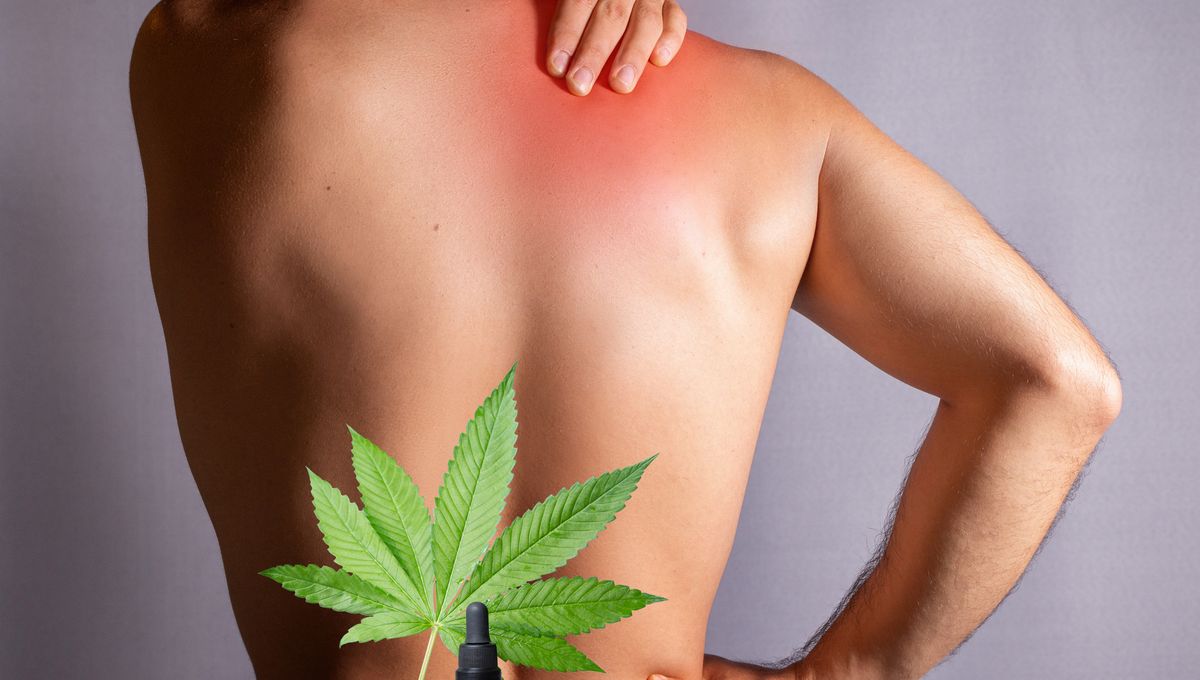
Taking cannabidiol (CBD) for chronic pain is unlikely to have much of an effect, but it may at least relieve you of some of the weight in your wallet, a new study has found. After analyzing the results of existing clinical trials involving CBD, researchers found that there is simply no evidence that the compound actually alleviates pain in chronic patients.
As a non-psychoactive cannabinoid, CBD is currently the only component of the cannabis plant that can legally be sold in many countries. Pharmaceutical-grade CBD is also sometimes prescribed for certain types of epilepsy, multiple sclerosis, and chemotherapy-related nausea.
For those without a script, however, non-medical CBD is freely available – not to mention highly popular, despite its hefty price tag. According to the authors of the new study, around half of all consumers are thought to use the cannabinoid for pain relief.
Such a statistic is remarkable when one considers that in 2021, the International Association for the Study of Pain found that there were no high-quality clinical trials showing the efficacy of CBD in treating chronic pain. At the time, they concluded that the low-quality studies out there showed little evidence that the compound has analgesic (pain-relieving) effects, as opposed to evidence of CBD having no analgesic effects.
By 2023, however, 16 clinical trials involving actual pain patients had been conducted. These studies varied wildly in their design and looked at a total of 12 distinct types of pain, using different CBD dosages and routes of administration.
In 15 of these 16 trials, CBD was no more effective than a placebo at alleviating chronic pain, suggesting the buzz surrounding the cannabinoid may be baseless. The one exception was a study on patients with thumb arthritis, in which all participants experienced significant reductions in pain after two weeks of treatment with CBD.
“CBD presents consumers with a big problem,” explained study author Professor Chris Eccleston in a statement. “It’s touted as a cure for all pain but there’s a complete lack of quality evidence that it has any positive effects.”
Despite this, surveys have indicated that 26 percent of adults under 65 in the US currently use the cannabinoid, as do 16 percent of those in Canada. “Most used CBD for a chronic condition, often spending more than $140 a month,” write the researchers.
“For too many people with chronic pain, there’s no medicine that manages their pain,” added study author Dr Andrew Moore. “Chronic pain can be awful, so people are very motivated to find pain relief by any means. This makes them vulnerable to the wild promises made about CBD,” he said.
Unfortunately, many companies that supply non-medical CBD are all too eager to cash in on this desperation, often making unfounded claims as to the compound’s analgesic effects. In many cases, these assertions are based on data from preclinical studies showing potential mechanisms by which CBD may alleviate pain in animals.
However, as the results of the new analysis highlight, such findings don’t always translate into actual effects in humans, and jumping on a health craze bandwagon before proper clinical trials have been conducted is never a smart idea. On this point, the researchers lament that “marketing is leading without the benefits and harms of CBD being known.”
To make matters worse, the study authors also found that a lack of market regulation or quality control has severely compromised the safety of many CBD products. For example, only one in four of the 105 products sampled in one study actually contained the amount of CBD listed on the label, with true contents varying “from almost nothing to very large amounts.”
Around 35 percent of products tested also contained the psychoactive cannabinoid tetrahydrocannabinol (THC), despite being advertised as “CBD only”. Some were even found to contain synthetic cannabinoids instead of actual CBD, including one product that was linked to a series of poisonings in Utah.
The authors therefore conclude that “there is no good reason for thinking that CBD relieves pain, but there are good reasons for doubting the contents of CBD products in terms of CBD content and purity.”
“Current evidence is that CBD for pain is expensive, ineffective, and possibly harmful,” they add.
The study has been published in The Journal of Pain.
Source Link: There’s No Evidence That CBD Works For Chronic Pain